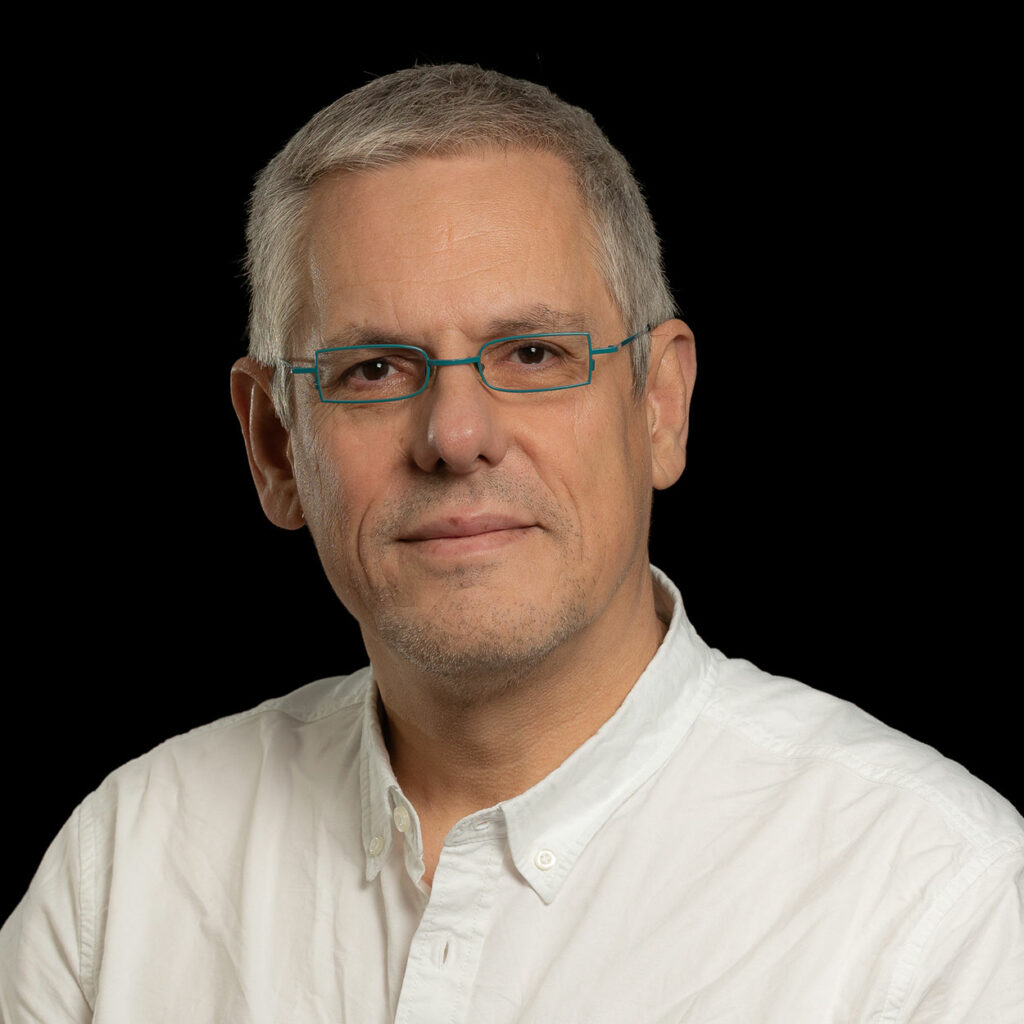
#IDIBELLseminars: An integrated approach, combining clinical science, machine learning and computational modelling, to understand congenital heart disease
Bart Bijnens
Universitat Pompeu Fabra
12/04/2024
13:00-14:00
Aula Blava de l’Edifici Jardí
Abstract
Rare cardiovascular diseases, such as congenital heart disease, are difficult to study given that very few patients are available; our pathophysiological knowledge often is limited; and treatment or prevention is often lacking. This makes that common approaches in medicine, where clinical studies are performed or data science can mine large amounts of data, cannot be used. Therefore, the approach in our lab is to combine whatever sources of information available and use pathophysiological knowledge, enriched with interpretable machine learning, that can be used in small datasets, to gain a better understanding of the disease process, suggest new diagnostic tools and potentially help in improving treatment. In this lecture, besides the overall approach used in the lab, our integrated view will be illustrated with fetuses with suspected Coarctation of the Aorta, a congenital heart disease that is often difficult to diagnose prenatally. First, we have performed a clinical study to assess the hearts and large vessels of the fetuses, providing a hypothesis for the expected changes in cardiovascular structure and function. Next, we created (simplified) computational models to test some of the proposed mechanisms. Finally, we use manifold learning on complex clinical and imaging data to compare individual patients and provide potential diagnostic tools.
Hosted by Angel Raya – Stem Cell Potency group
Short Bio
Bart Bijnens obtained an MSc in Electronic Engineering and PhD in Medical Sciences (1997, KULeuven, Belgium). He was tenured Professor of Cardiovascular Imaging&Dynamics at the Medical Faculty in Leuven (1998-04), supervised clinical research at St. George’s Hospital in London (2005-6) and was resident Visiting Professor at the University of Zagreb (2007), Croatia. Since Sept. 2008, he is ICREA Research Professor in Barcelona, first at the UPF and for a period at IDIBAPS, leading the ‘Translational Computing in Cardiology’ group. He is recognised as international expert in pathophysiological concepts and (image-based) assessment of CV diseases, with a reputation of being able to explain basic pathophysiology principles and put technical developments in context. This resulted in many international collaborations/publications/lectures as well as being requested by centres all over the world for advice on research in cardiovascular mechanics and imaging. His interests are mainly in Translational Cardiovascular Pathophysiology, focussing on assessing cardiac function and understanding changes induced by disease and how treatment can modulate this remodelling. This is approached by integrating information handling and computing, combined with basic pathophysiology knowledge in order to advance clinical sciences. This implies an approach from basic understanding of disease towards a clinical study; selecting/designing appropriate investigational tools to assess relevant clinical parameters; quantifying diagnostic information (from clinical information to imaging data) to extract pertinent information and interpreting results and relate them to pathophysiology. Recent projects include the combination of computational modelling with interpretable machine learning in order to find easy to implement/deploy techniques for the identification of patients at risk for adverse events, as well as to improve our understanding of disease and decision making.
